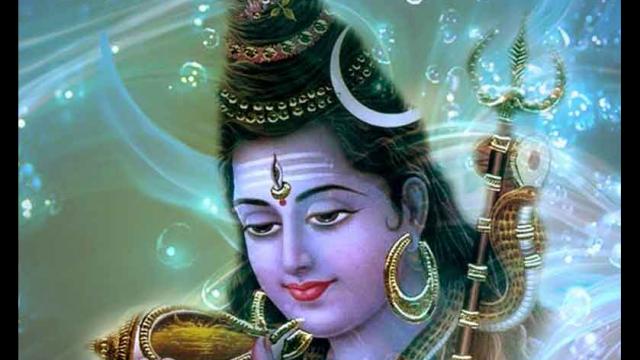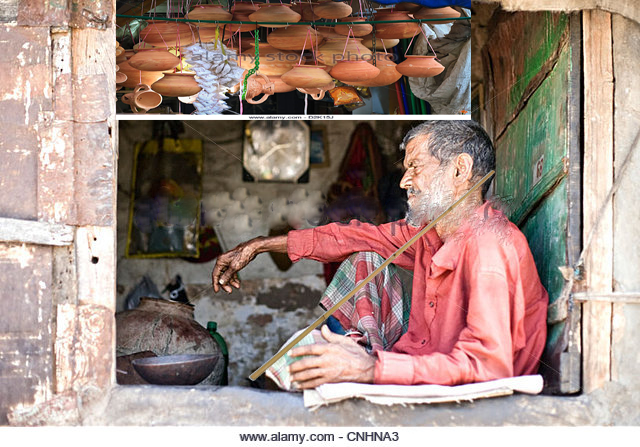Once upon a time, a king named Amarashakti ruled in the region south of Mahilaropayam. He had three stubborn and foolish mischievous boys. Those children were tired of reading. The king appointed many teachers to teach his boys. As soon as the teacher started reading by enticing the children, the children became alert and started teasing the teacher together and trying to run away from him. Knowing that my children cannot learn anything, the king has made an announcement in the entire state, whoever will educate these stubborn root children of mine, that handsome reward will be given.
The king's servants spread this decree throughout the state. The news of this announcement fell in the ears of Acharya Vishnu Sharma. Vishnu Sharma started reading the dead children of the king.
Vishnu Sharma started telling stories to the children. The children began to tell their story with great enthusiasm. At the same time, those mischievous children were also alert that even this Upadhyaya should not start studying by fraud and like teachers. After telling the story of animals to the children, Vishnu Sharma started reading the lesson of moral education through the story. The children listened to their interesting stories with great interest. Vishnu Sharma would narrate the story at the end of the story and ask the children to learn from the story as inspiration.
In the course of this study Vishnu Sharma composed the Panchatantra. Whose stories are very interesting. It is very popular among children because all the characters of the story are mainly animals and birds. In today's time, as children are more attracted towards cartoons, Panchatantra was also a special attraction among children before now and still is today. Many scholars have adapted the stories of Panchatantra into cartoons.
There are five parts of Panchatantra, due to which it has been named as Panchatantra.
Five parts of Panchatantra
1) Mitrabhed (Difference and separation among friends)
2) Mitralabh or Mitrasamprapti (taking benefit from him by becoming a friend)
3) Kakolukiyam (the story of crows and owls)
4) Labdhapranasha (on the coming of death or destruction; what if it comes to life?)
5) Untested Factors (Be careful before doing what has not been tested; Don't act in haste)
Read here the story of Matribhed -> Mitrabhed
The king's servants spread this decree throughout the state. The news of this announcement fell in the ears of Acharya Vishnu Sharma. Vishnu Sharma started reading the dead children of the king.
Vishnu Sharma started telling stories to the children. The children began to tell their story with great enthusiasm. At the same time, those mischievous children were also alert that even this Upadhyaya should not start studying by fraud and like teachers. After telling the story of animals to the children, Vishnu Sharma started reading the lesson of moral education through the story. The children listened to their interesting stories with great interest. Vishnu Sharma would narrate the story at the end of the story and ask the children to learn from the story as inspiration.
In the course of this study Vishnu Sharma composed the Panchatantra. Whose stories are very interesting. It is very popular among children because all the characters of the story are mainly animals and birds. In today's time, as children are more attracted towards cartoons, Panchatantra was also a special attraction among children before now and still is today. Many scholars have adapted the stories of Panchatantra into cartoons.
There are five parts of Panchatantra, due to which it has been named as Panchatantra.
Five parts of Panchatantra
1) Mitrabhed (Difference and separation among friends)
2) Mitralabh or Mitrasamprapti (taking benefit from him by becoming a friend)
3) Kakolukiyam (the story of crows and owls)
4) Labdhapranasha (on the coming of death or destruction; what if it comes to life?)
5) Untested Factors (Be careful before doing what has not been tested; Don't act in haste)
Read here the story of Matribhed -> Mitrabhed



.png)



.png)








.png)

.png)




1 टिप्पणियाँ
NICE MORAL STORY
जवाब देंहटाएंNew Bandar Aur Magarmachh ki kahani
Murkh Sadhu Aur Thag Shishya ki kahani